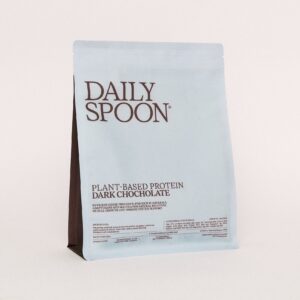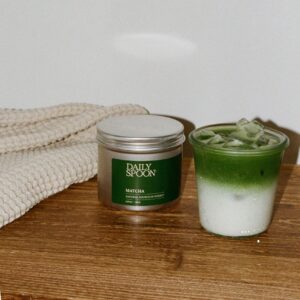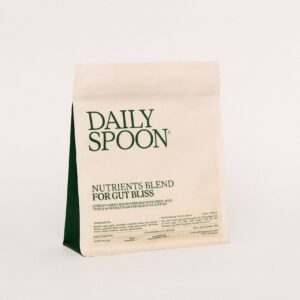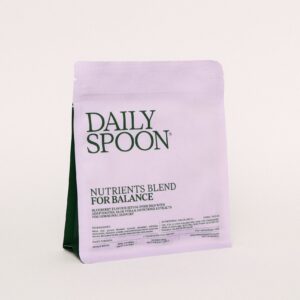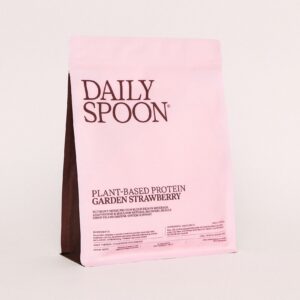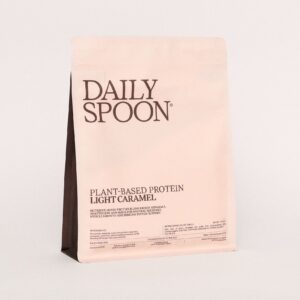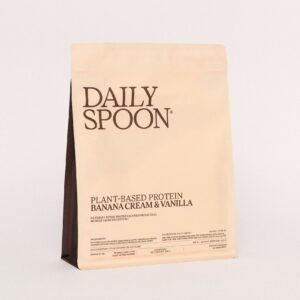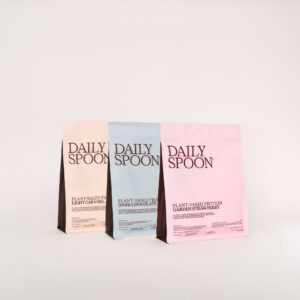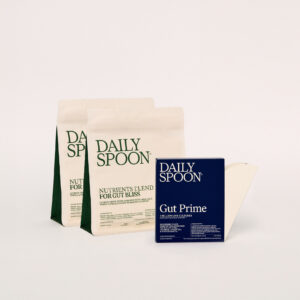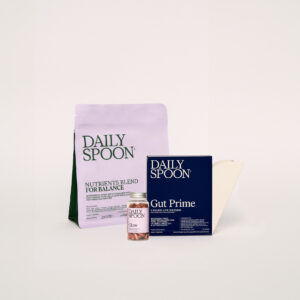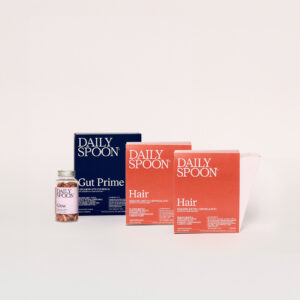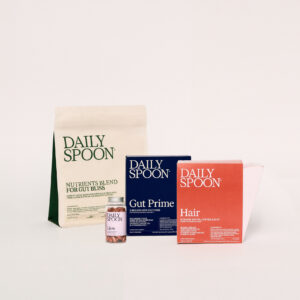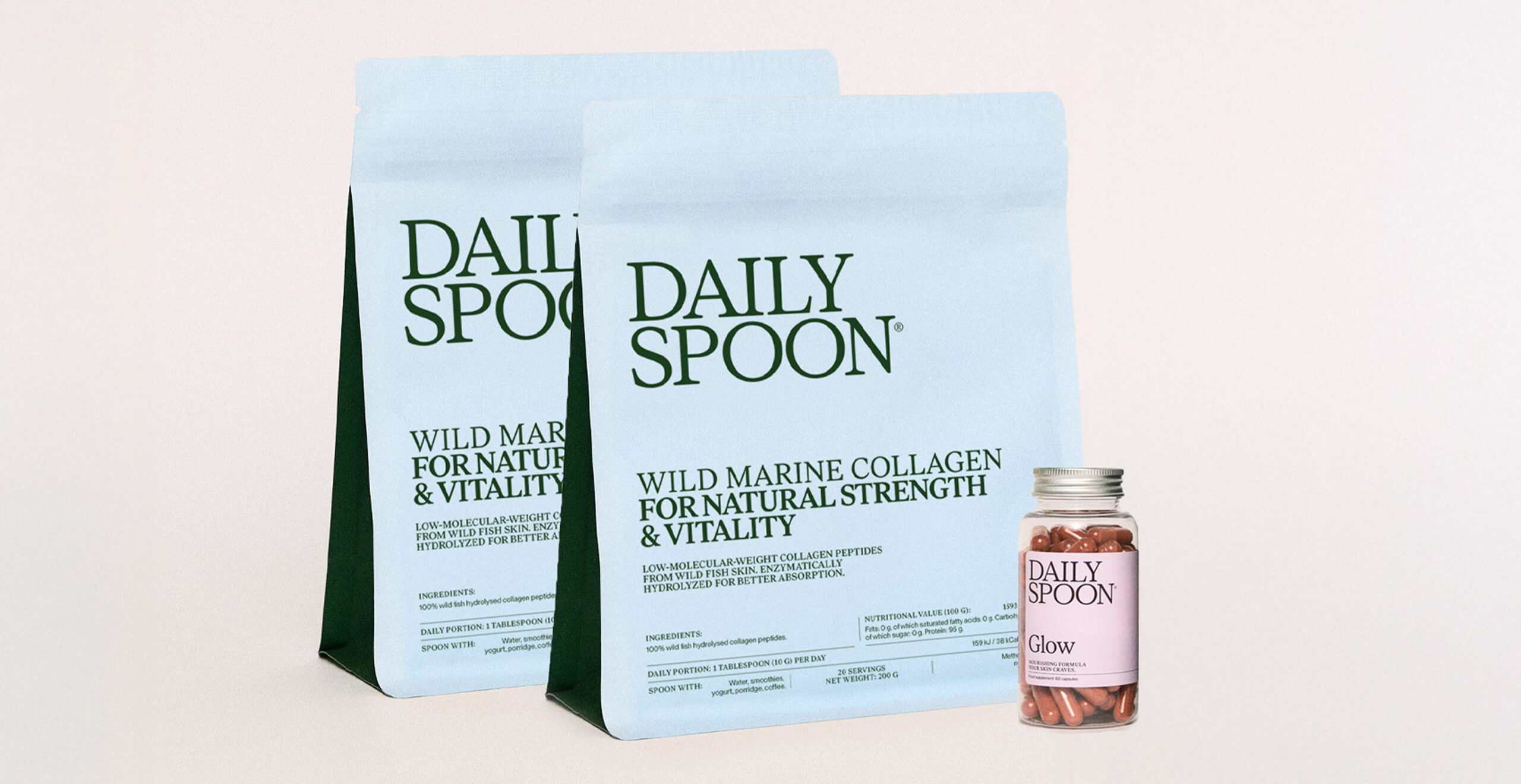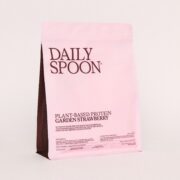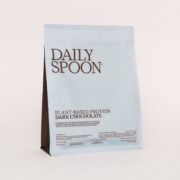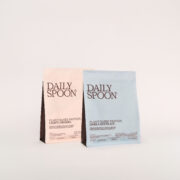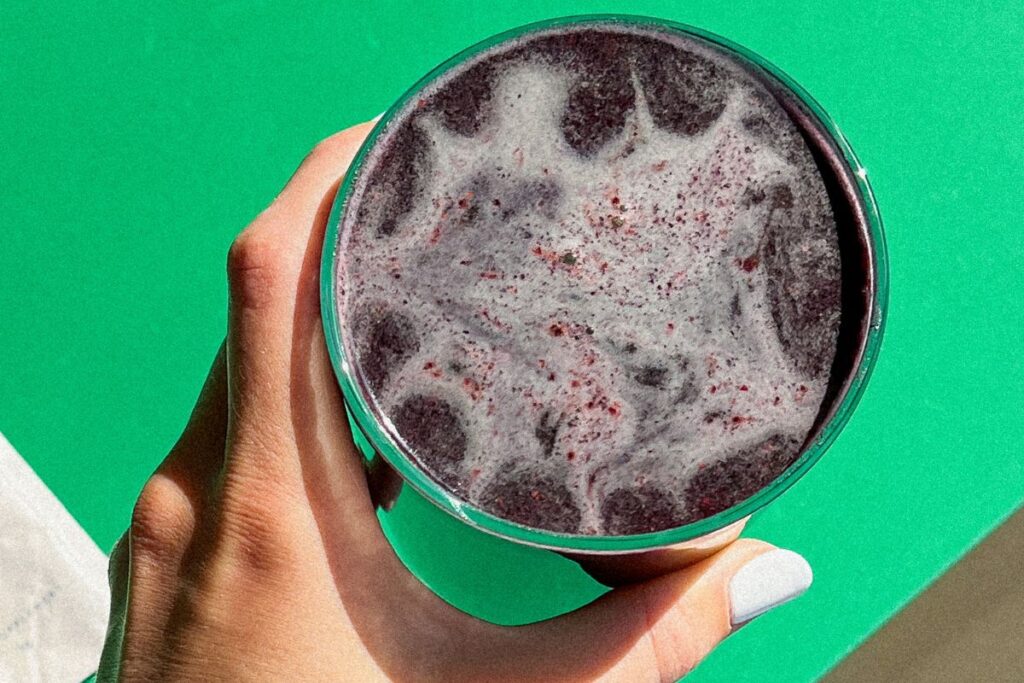Briefly about proteins
Proteins are components of every human cell — amino acids form membrane structures, contain genetic information in the nucleus, and also make up digestive enzymes and hormones. Proteins are needed for processes like cell renewal, molecule transport, and even immunity — proteins compose white blood cells that fight bacteria and pathogens. In addition, proteins are essential for muscle tissue to renew, function, and help muscle fibers grow.
Experts point out that not all proteins are equal — they are divided into two groups: essential and nonessential. Nonessential amino acids can be produced by the body, but essential ones must come from food. Essential proteins (i.e. essential amino acids) can be obtained from both animal- and plant-based sources. The nine essential amino acids are: phenylalanine, histidine, isoleucine, leucine, lysine, methionine, threonine, tryptophan, and valine.
How much protein should you consume per day?
The recommended daily protein intake depends on sex, age, weight, and physical activity. Nutrition specialists suggest that women should consume about 46–75 grams of protein per day, while men should aim for 56–90 grams. A more precise method is to calculate based on body weight: on average, 0.8–1.3 grams of protein per kilogram of body weight. For more active individuals, intake of 1.0–2.2 g/kg is often recommended (depending on the type of sport, body composition, and other factors).
Plant-based proteins: features and why include them
- Plant-based products often have an incomplete amino acid profile — some essential amino acids like methionine, tryptophan, and lysine may be low or lacking in many plant foods. Therefore, when consuming plant proteins, it’s beneficial to combine multiple sources to cover all essential amino acids. However, there are exceptions: foods like quinoa, buckwheat, and soy are considered “complete proteins” because they contain all essential amino acids.
- In addition to protein, plant-based protein sources provide benefits such as vitamins A, C, and E, fiber, and antioxidants — giving them strong nutritional value.
- Scientific studies also highlight additional benefits of plant proteins: for example, a 2019 study published in the Journal of the American Heart Association showed that incorporating plant-based foods and proteins into the diet is associated with a reduced risk of cardiovascular diseases. Plant-based foods also support better digestive health. Moreover, it’s thought that plant-based proteins help maintain more stable energy levels throughout the day.
Tips to incorporate plant proteins into your diet
- Swap rice for quinoa or buckwheat — for instance, 1 cup of quinoa provides more protein and fiber than many grains.
- Sprinkle your salads with pumpkin, sunflower, or hemp seeds — this adds protein and healthy fats.
- Add a spoonful of nut butter to your fruit smoothies.
- Use legumes as side dishes — beans, lentils, chickpeas.
- Replace morning toast with chia pudding or Greek-style plant yogurt topped with nuts.
Top plant foods by protein content (per 100 g of product)
- Spirulina: 57 g; contains all 8 essential amino acids
- Beans: 21 g; 7 essential amino acids
- Chickpeas: 19 g; 7 essential amino acids
- Chia seeds: 17 g; 9 essential amino acids
- Oats: 16–17 g; 8 essential amino acids
- Quinoa: 14 g; 9 essential amino acids
- Nuts: 15–26 g; 6–8 essential amino acids
- Tofu: 8–10 g; 9 essential amino acids
- Lentils: 9 g; 7 essential amino acids
- Hemp seeds: 9 g; 9 essential amino acids
Support from Daily Spoon
All of our blends are natural, meaning the proteins they contain come from plant-based sources. A healthier alternative to support your body with protein after a workout – Daily Spoon’s plant-based pea protein. Our goal was to create a protein blend that reflects the needs of today’s active individual: plant-based, lactose-free, without synthetic flavorings, emulsifiers, colorants, or other unnecessary additives that may irritate the gut or skin. For natural recovery after exercise, muscle growth, and immune support – a plant-based protein blend enriched with adaptogens and superfood ingredients, available in dark chocolate and smooth caramel flavors.

References:
- Protein. (2021, March 24). The Nutrition Source.
- Protein – Which is Best? (2004, September 1). PubMed Central (PMC).
- Krajcovicova-Kudlackova, M. (2005). Health benefits and risks of plant proteins. PubMed.
- Hyunju Kim, Laura E. Caulfield, Vanessa Garcia‐Larsen, Lyn M. Steffen, Josef Coresh, And Casey M. Rebholz. (2019, August 7). Plant‐Based Diets Are Associated With a Lower Risk of Incident Cardiovascular Disease, Cardiovascular Disease Mortality, and All‐Cause Mortality in a General Population of Middle‐Aged Adults. Journal of the American Heart Association.

